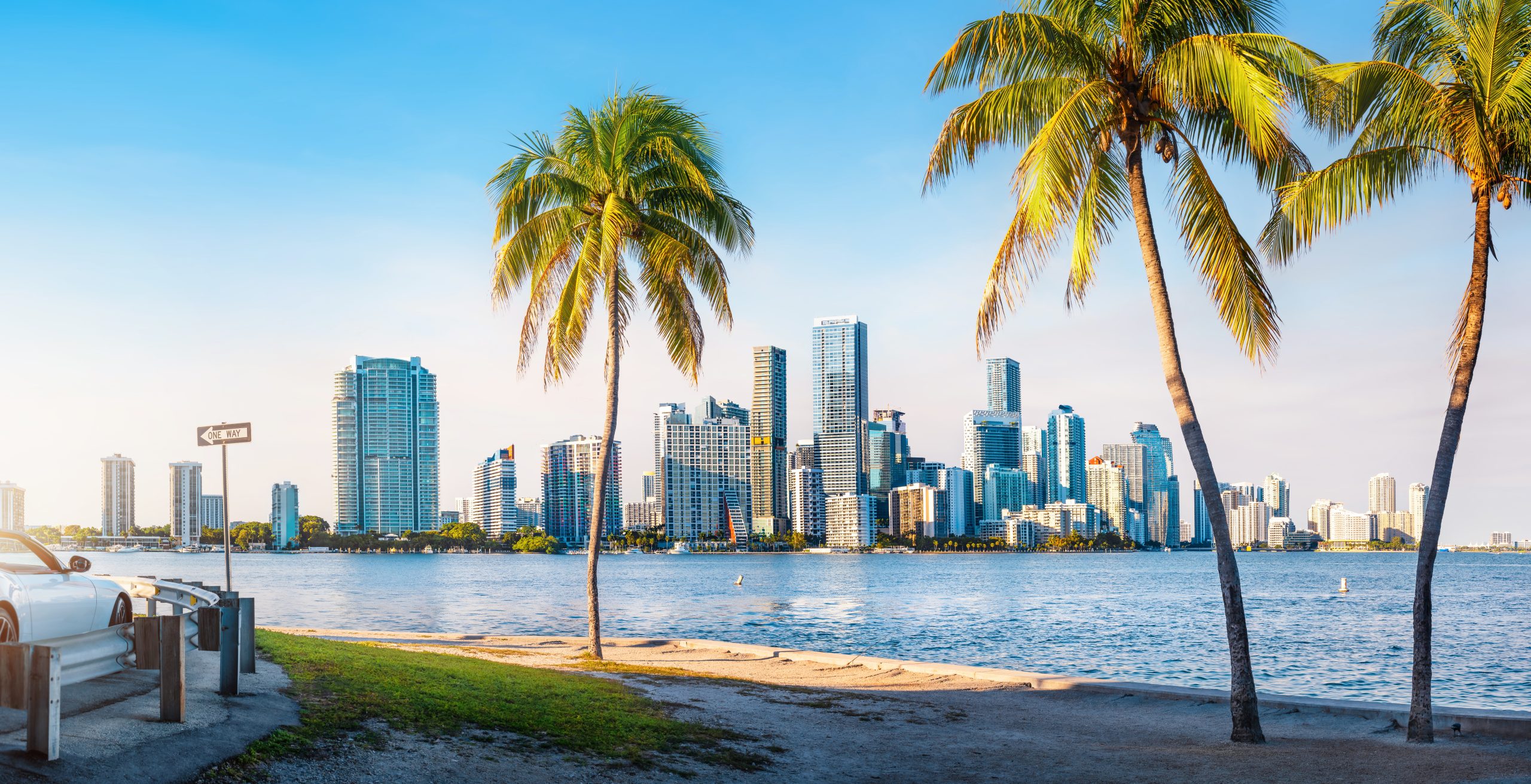Grape-free wine developed in America
A grape-free wine made by cloning hundreds of the chemical compounds found in wine has been developed by scientists in a warehouse in San Francisco.
Josh Decolongon, one of the three founders of Ava Winery
Biochemists Alec Lee, Mardonn Chua and Josh Decolongon have created a synthetic Moscato d’Asti at their lab in the San Francisco borough of Dogpatch.
The team are currently working on a Pinot Noir, which, like the Moscato, is made from a combination of ethanol, water, sugar, amino acids and an array of chemical compounds that give a wine its taste, aroma and body.
When is a Moscato not a Moscato?
Among the compounds they’re working with are ethyl butyrate, which gives a pineapple aroma, sotolon, which gives a caramel taste, methoxypyrazine, that gives bell pepper notes and diacetyl, which smells like butter.
In the lab the trio break down red and white wines into their component parts in order to analyse their molecular structure, then source the molecules from companies that synthesise them commercially for the food industry.
Mixed in precise amounts with water, ethanol and sugars, the molecules produce a copy of the original wine.
The trio, whose company is called Ava Winery but is registered as a spirits distiller given the nature of its products, hopes to put its first wines on sale in the US by the end of the year, with an estimated retail price of around $20.
Ava Winery has secured various investments, including $2.7 million from Hong Kong-based Horizons Ventures, which helped fund the creation of the world’s first plant-based burger developed by Impossible Foods.
Partner Content
“There is an inherent scarcity to great wines. When you go to the Louvre to see the Mona Lisa it isn’t a consumptive act, but to enjoy a wine, you have to destroy it,” Lee told SF Gate.
“There’s a snobbery in wine that doesn’t correspond with people’s actual taste. We just want to go after core flavours and make it taste good,” he added.
According to SF Gate, the Moscato smells like “the juice of canned peaches or packaged fruit salad”.
Lee reports that a bottle of synthetic Moscato that has been open for a year still hasn’t oxidized, hinting at the possible benefits of synthetic wine for consumers.
The question is, will consumers be prepared to pay $20 for a wine made in a lab? And with fake wines continuing to plague the market, the ability to clone famous wines might prove catnip for counterfeiters and conmen looking to make a quick buck.
Lee and his team have already been asked to “make a Lafite”, but they insist they are not interested in trying to forge the masterpieces of the wine world, but rather sell the wine equivalent of the posters in the gift shop.





Easy on the sotolon guys! Check out the video of tasting the artificial and real Moscato here http://www.thegeniusworks.com/gamechanger/ava-winery/
At first I thought it was a set up, when even visually there appeared to be a marked difference and the guy on the left was able to discern its acidity on the nose!
I’d love to taste a Pinot Noir that smells bell pepper!!!! That wil be a change!!! Beside, it is clear that a “wine” must come by law from grapes only
VANTAGE21 is obviously too young to remember New Zealand reds in the 1980s when every variety including Pinot Noir had a distinct Bell Pepper aroma! Oh to be that young again …